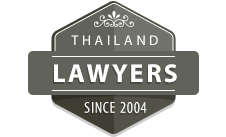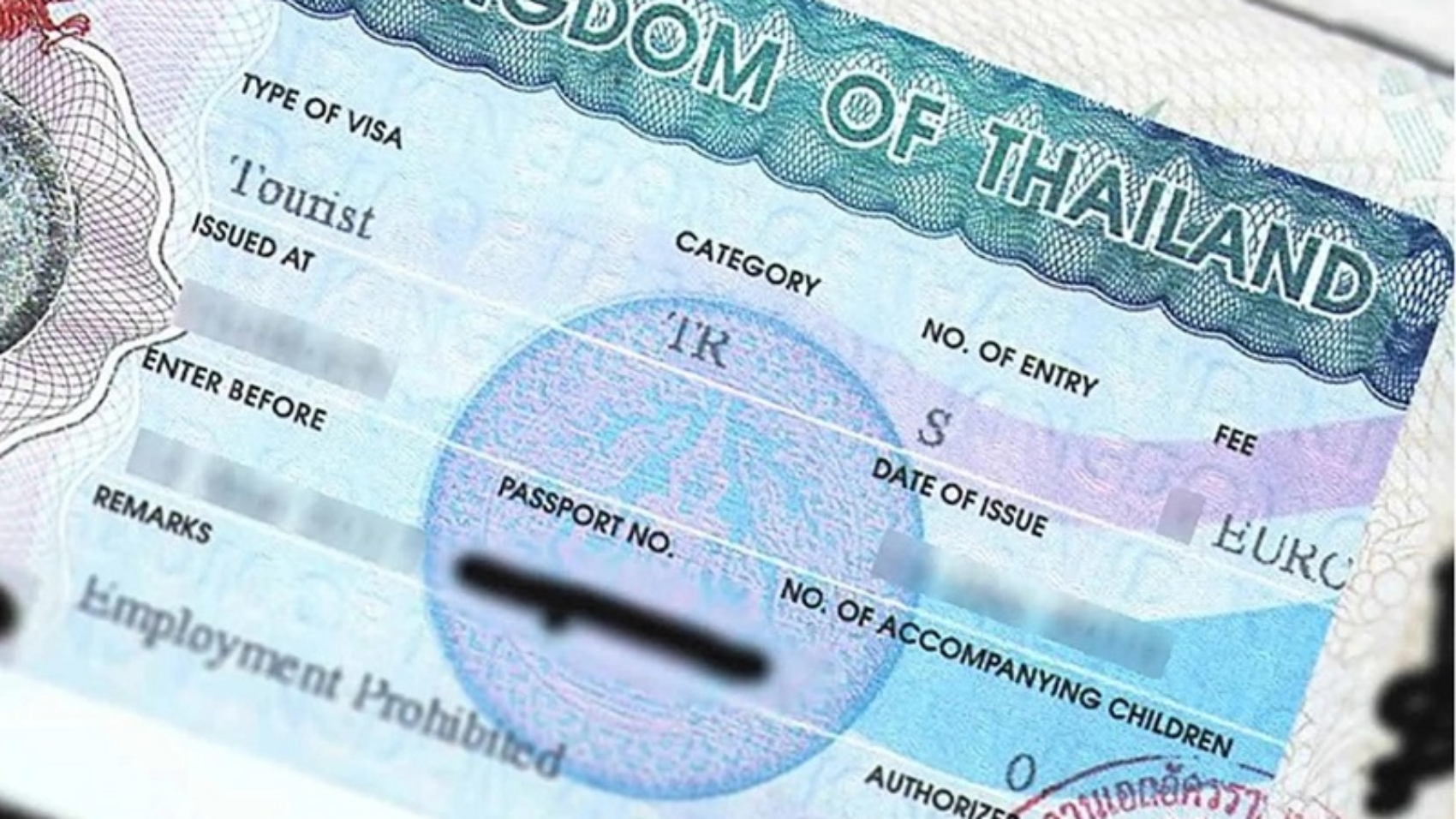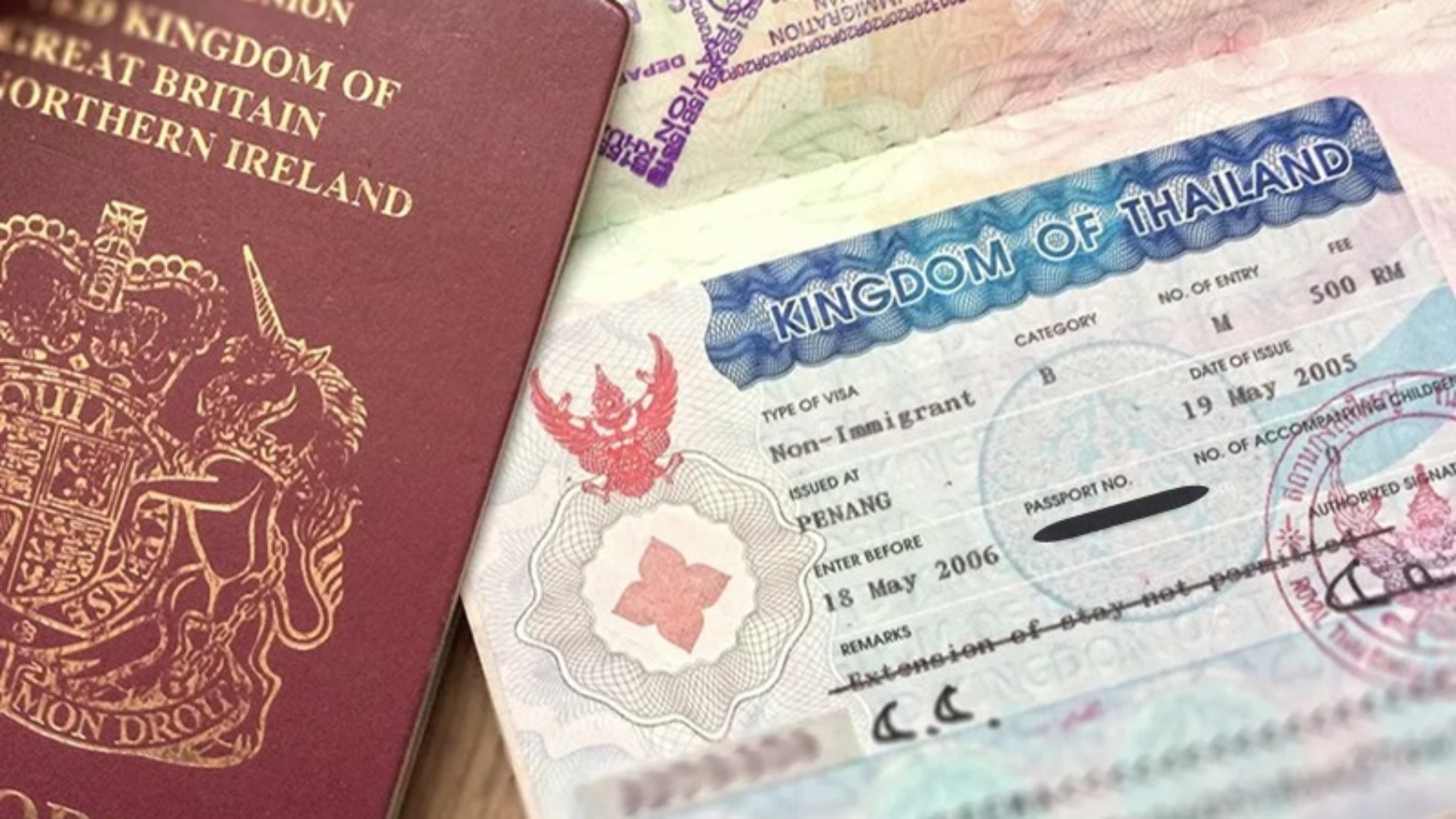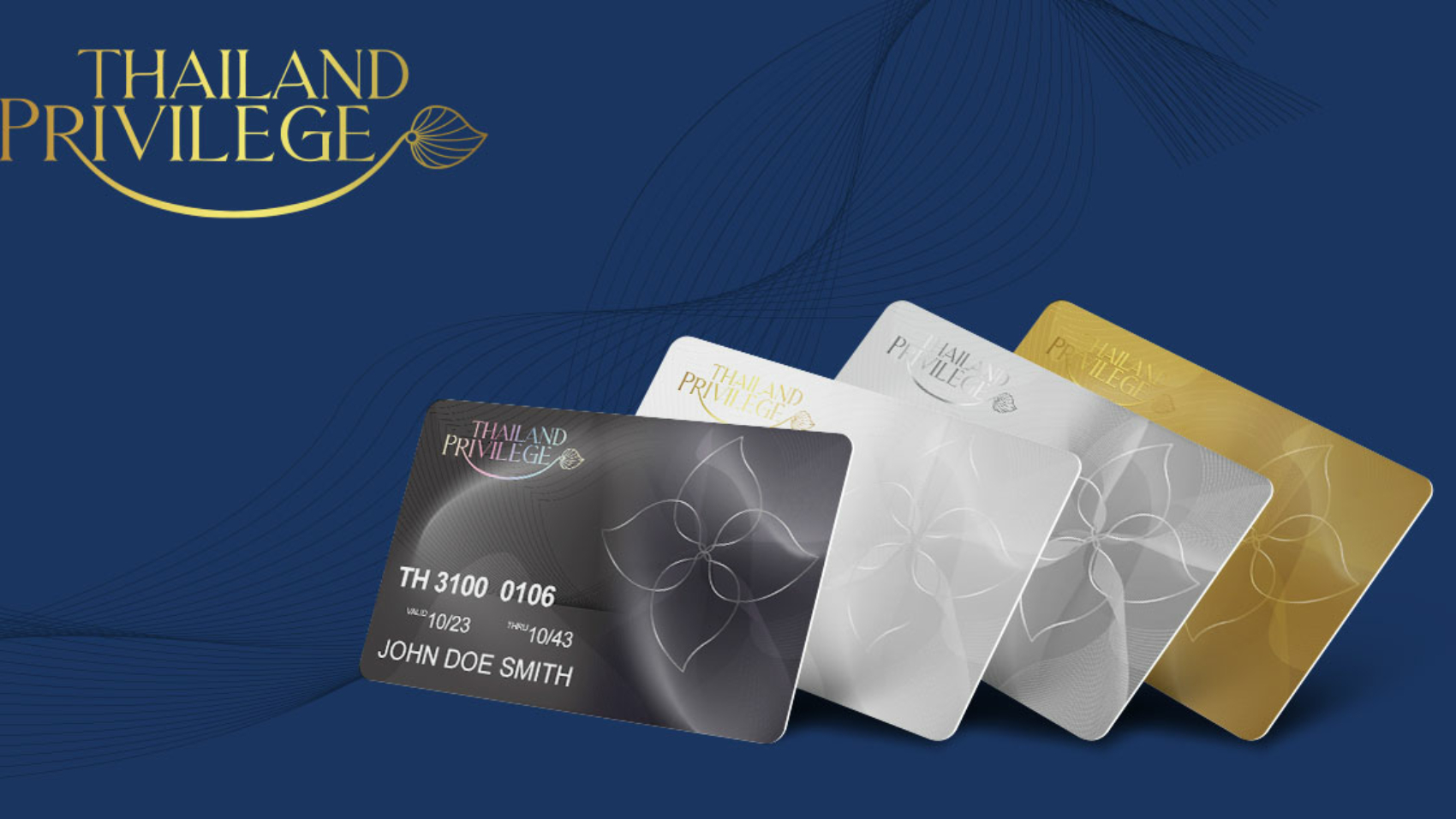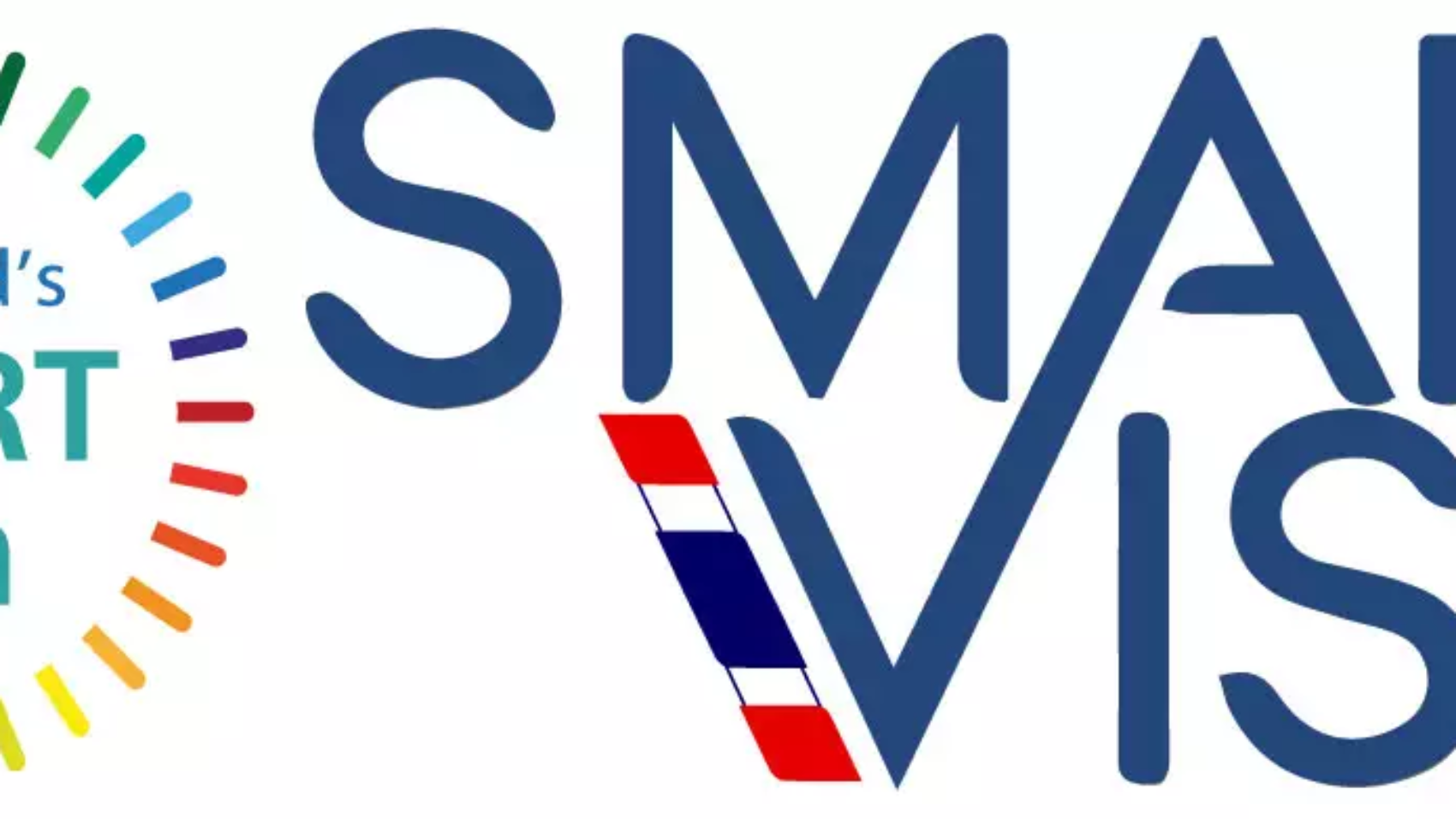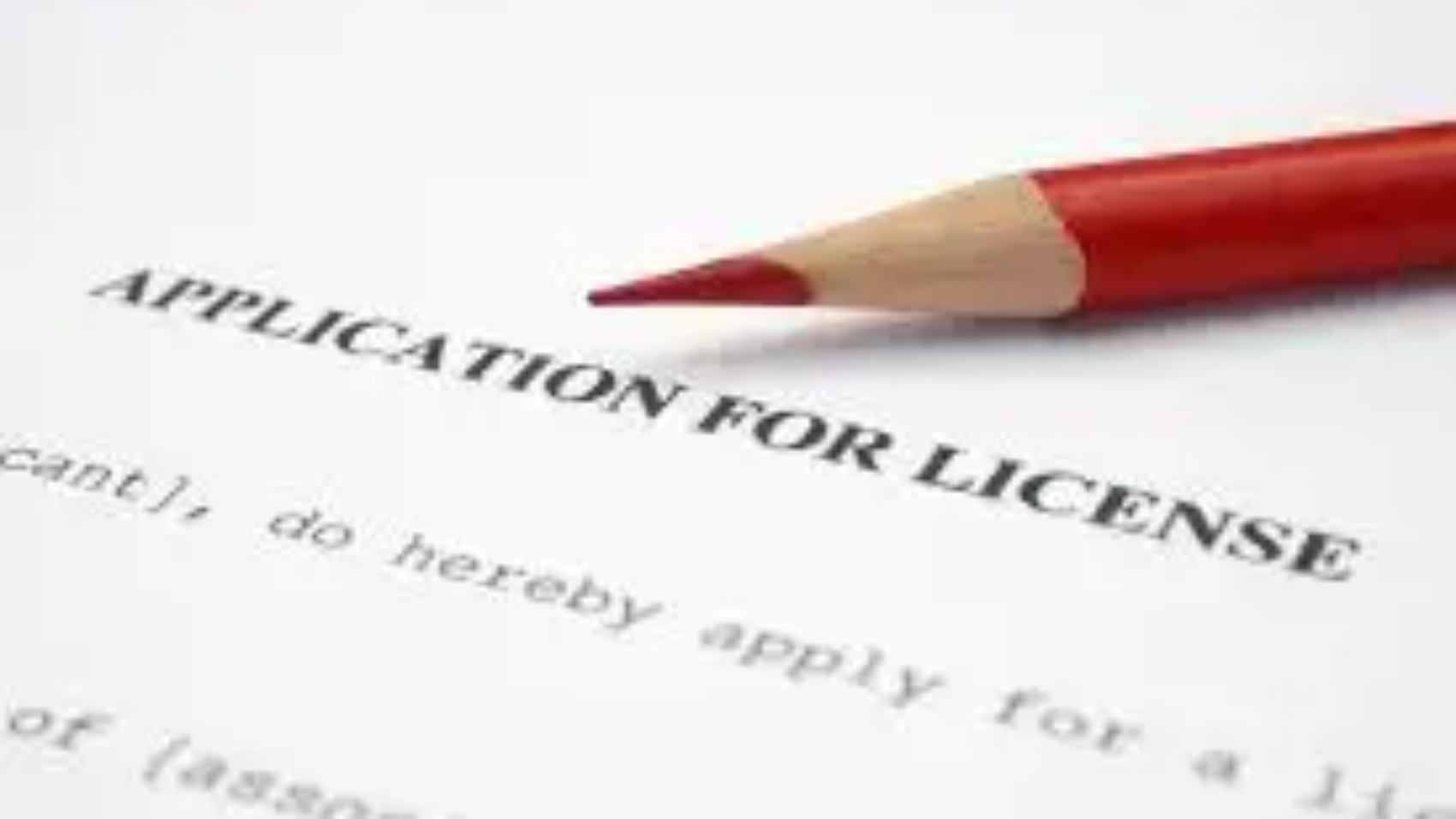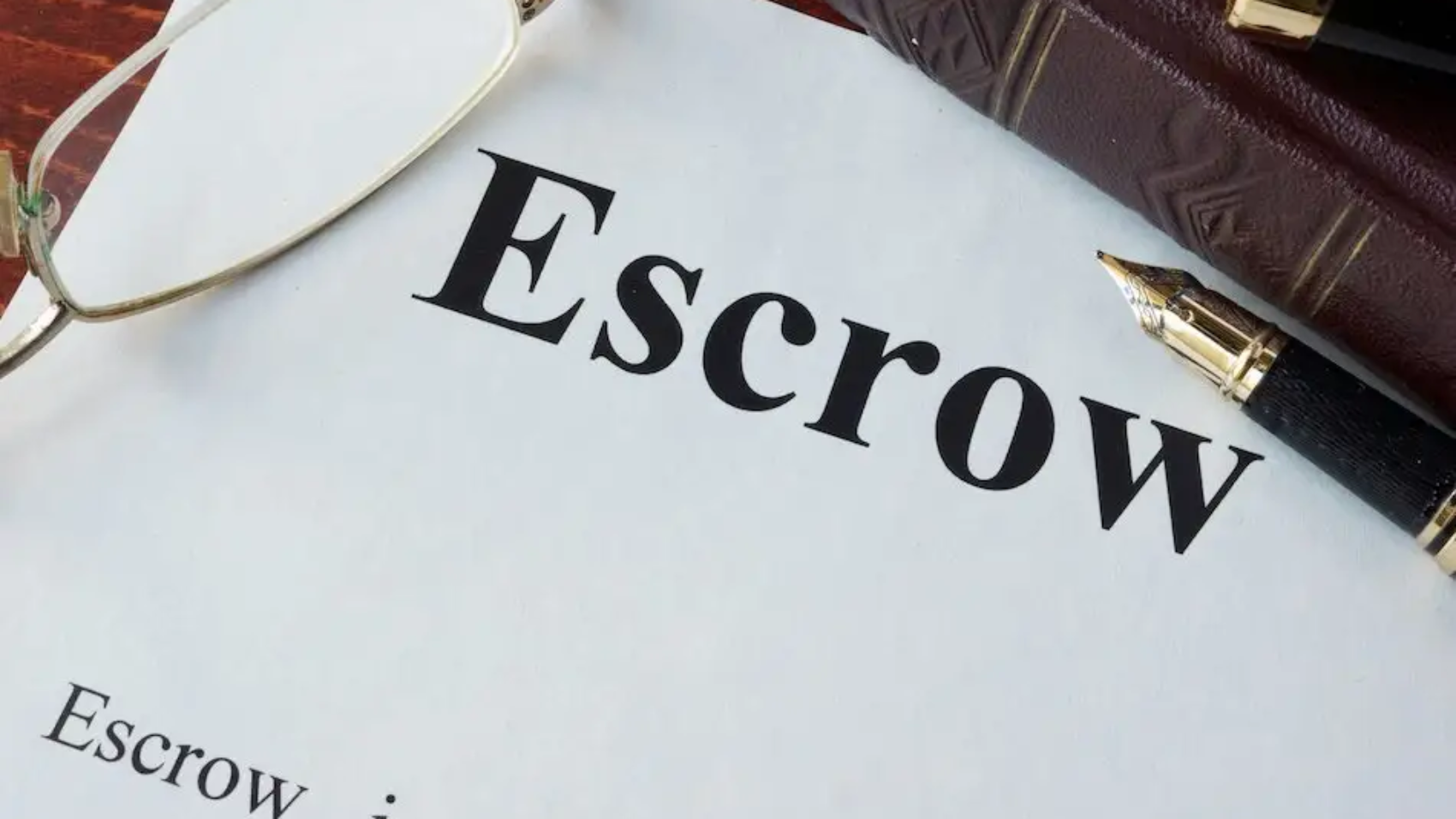Business Visa in Thailand. For entrepreneurs, investors, and corporate transferees, the prospect of establishing a foothold in Southeast Asia’s dynamic economy often begins with navigating Thailand’s immigration framework. Central to this is the Non-Immigrant B Visa, commonly referred to as the Business Visa. However, a profound and critical misunderstanding plagues its perception: it is not a golden ticket to employment. Rather, it is a sophisticated, purpose-specific entry permit that unlocks the possibility of lawful business activity, contingent on a separate and rigorous set of corporate and regulatory approvals. This article provides a granular examination of the Thailand Business Visa, moving beyond basic checklists to explore its strategic purpose, procedural intricacies, and the vital distinctions that dictate success or failure.
Deconstructing the Purpose: Permission to Explore, Not to Work
The fundamental philosophy of the Non-Immigrant B visa is to grant a foreign national the legal right to enter Thailand to conduct business-related activities. The key term is “conduct.” This is explicitly differentiated from “working” or “being employed.”
Permissible activities on a Business Visa typically include:
-
Attending meetings, conferences, and negotiations.
-
Exploring investment or joint venture opportunities.
-
Conducting site visits and market research.
-
Performing internal audits or providing consultancy to a parent company’s Thai subsidiary (with strict limitations).
Activities that are strictly prohibited without a Work Permit include:
-
Assuming any role where you direct, control, or execute work for a Thai entity.
-
Receiving a salary or wages from a Thai source for services rendered within the kingdom.
-
Engaging in hands-on management, operational duties, or revenue-generating work.
In essence, the Business Visa is your key to enter the arena of Thai commerce. The Work Permit, applied for separately, is your license to step onto the field and play. Confusing these two instruments is the single most common and costly error made by aspiring business residents.
The Two-Stage Gateway: Visa Application and Extension of Stay
The journey to long-term business residence is a two-phase process, often misunderstood as one.
Stage 1: Obtaining the Non-Immigrant B Visa (Outside Thailand)
This is initiated at a Royal Thai Embassy or Consulate in your home country or country of legal residence. Requirements are stringent and designed to prove serious intent:
-
Passport and Application Forms: Standard requirements.
-
Official Invitation from a Thai Entity: This is the cornerstone. The letter must be on the inviting company’s official letterhead, stamped and signed by an authorized director. It must detail the nature of the business, the specific purpose and duration of your visit, and explicitly state who bears financial responsibility for your stay.
-
Supporting Corporate Documents of the Inviting Company: These typically include:
-
Company Affidavit (Form Sor Por 1.)
-
Business Registration and List of Shareholders (from the Department of Business Development).
-
Company’s latest balance sheet and tax records (PP.30 and PND.50).
-
Company’s VAT registration certificate.
-
-
Personal Documentation: Proof of financial means (bank statements), a detailed CV, and sometimes letters of recommendation from previous employers.
Crucially, a Single-Entry Non-B Visa grants a 90-day permission to stay upon arrival. A Multiple-Entry Non-B Visa (harder to obtain) allows for unlimited entries over a one-year validity period, each entry granting 90 days.
Stage 2: Securing the Extension of Stay and Work Permit (Inside Thailand)
The 90-day entry is merely a window to establish your legal working status. To stay longer and work legally, you must, before your 90 days expire, achieve two parallel successes:
-
One-Year “Extension of Stay Based on Business” from the Immigration Bureau.
-
A Work Permit from the Ministry of Labour.
These two processes are interlocked and predicated on the employing company meeting stringent criteria:
-
Capitalization: The company must have a minimum of 2 Million THB in registered capital per work permit applied for.
-
Thai Employee Quota: The company must employ a minimum of four Thai nationals for every work permit granted to a foreigner. This ratio is sacrosanct and verified via social security documentation (Form Sor Por Sor 1-10).
-
Financial Health & Tax Compliance: The company must be operational, filing taxes, and in good standing. Revenue requirements, while not always explicitly stated, are often informally assessed.
-
The Applicant’s Qualifications: The applicant must possess a Bachelor’s degree or equivalent certified experience relevant to the job. A minimum salary threshold applies (e.g., 50,000 THB per month for nationals of certain countries), which must be reflected in both the work permit application and corporate tax filings.
The Board of Investment (BOI) Fast-Track: An Alternative Paradigm
For companies operating in promoted sectors (technology, innovation, advanced manufacturing), sponsorship by the Thailand Board of Investment (BOI) radically simplifies and accelerates this process. BOI-promoted companies enjoy:
-
Exemption from the 4:1 Thai employee ratio.
-
Expedited processing for both work permits and visa extensions.
-
The ability to sponsor “Smart Visas” for experts, which bypass the work permit requirement entirely. This represents the premium tier of business immigration, reserved for high-value talent in targeted industries.
Common Pitfalls and Strategic Considerations
-
The “Shell Company” Trap: Establishing a Thai company solely to sponsor one’s own visa is a red flag. Immigration and Labour officials are adept at identifying non-operational entities. The company must demonstrate genuine business activity, payroll for Thai staff, and tax payments.
-
The “Consultancy” Grey Zone: Many attempt to work remotely for an overseas client while on a Business Visa. This remains a legal grey area. If your work generates income from a foreign source but is performed physically in Thailand, you are arguably working without authorization. The rise of digital nomad visas in neighboring countries highlights Thailand’s lag in this area, creating risk for location-independent professionals.
-
Dependency and Inflexibility: Your visa and work permit are tied to your employing company. Changing jobs requires a completely new application process. Termination of employment results in the immediate cancellation of your work permit and, subsequently, your extension of stay.
-
The Role of Professional Advisors: Given the complexity, engaging a reputable corporate law firm or visa specialist is not a luxury but a necessity. They navigate bureaucratic nuances, prepare documentation to withstand scrutiny, and manage the delicate interface between the Immigration Bureau and the Ministry of Labour.
Comparison with Alternative Pathways
-
VS. Elite Visa: The Elite Visa offers long-term stay with minimal paperwork but no right to work. It is for investors or retirees who wish to live in Thailand but not engage in Thai-sourced employment.
-
VS. SMART Visa: The SMART Visa is a specialized subset for experts in targeted industries, offering superior benefits (work permit exemption, family work rights) but with extremely high eligibility barriers related to salary, expertise, and BOI promotion.
-
VS. Marriage/Retirement Extensions: These offer residency based on personal status, not business activity, and explicitly prohibit formal employment.
Conclusion: A Tool for Structured Market Entry
The Thailand Business Visa is not an immigration shortcut. It is a deliberate, rigorous framework designed to ensure that foreign business activity contributes tangibly to the Thai economy through capital investment, job creation for Thai citizens, and technology transfer. Success requires viewing it not as a simple visa application but as a corporate compliance project. It demands a legitimate, operational Thai business entity, a clear understanding of the separation between “business” and “work,” and a strategic commitment to navigating Thailand’s regulatory environment. For the well-prepared and properly advised, it remains the fundamental gateway to building a legitimate and sustainable business life in the Kingdom.
